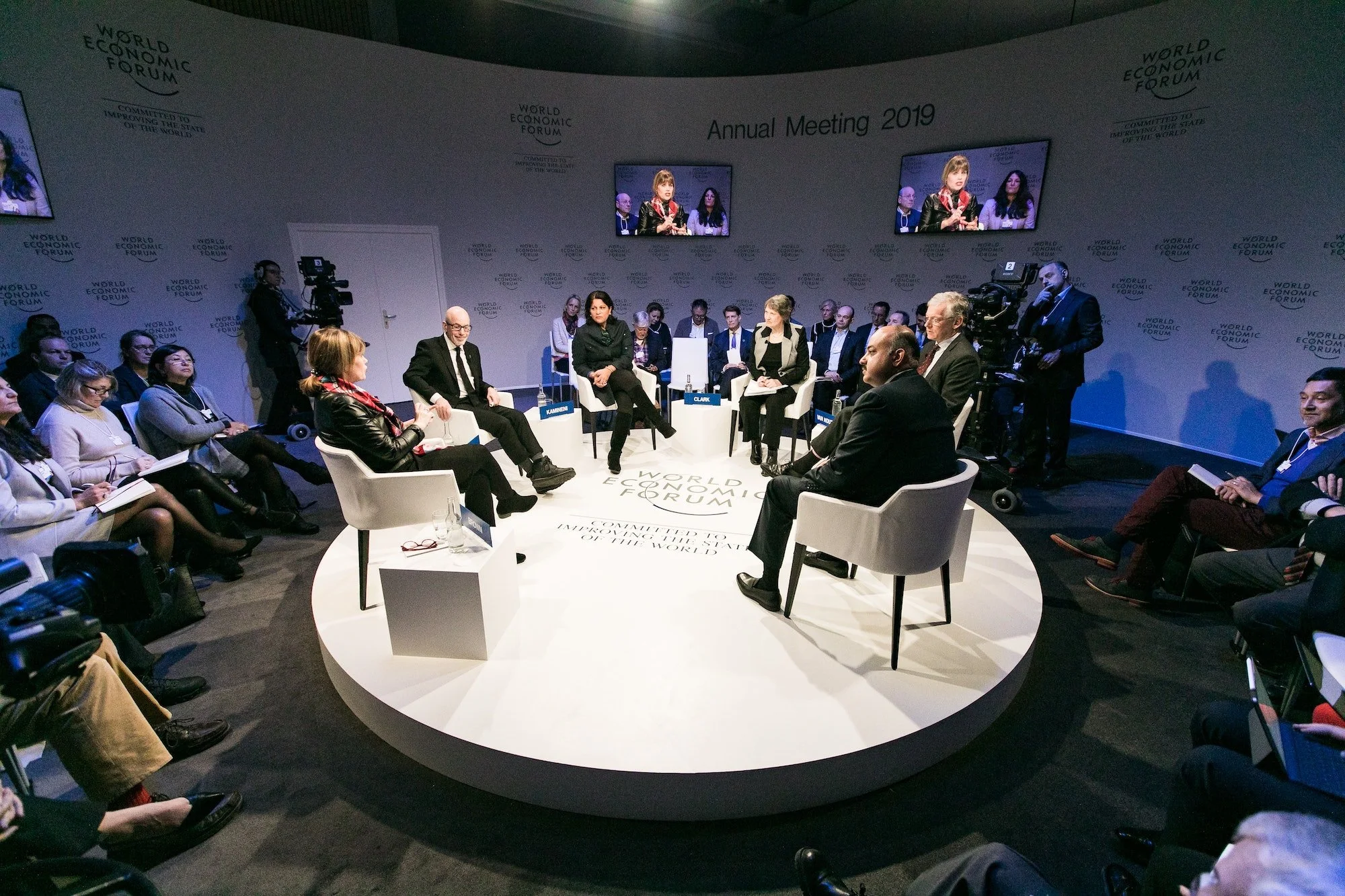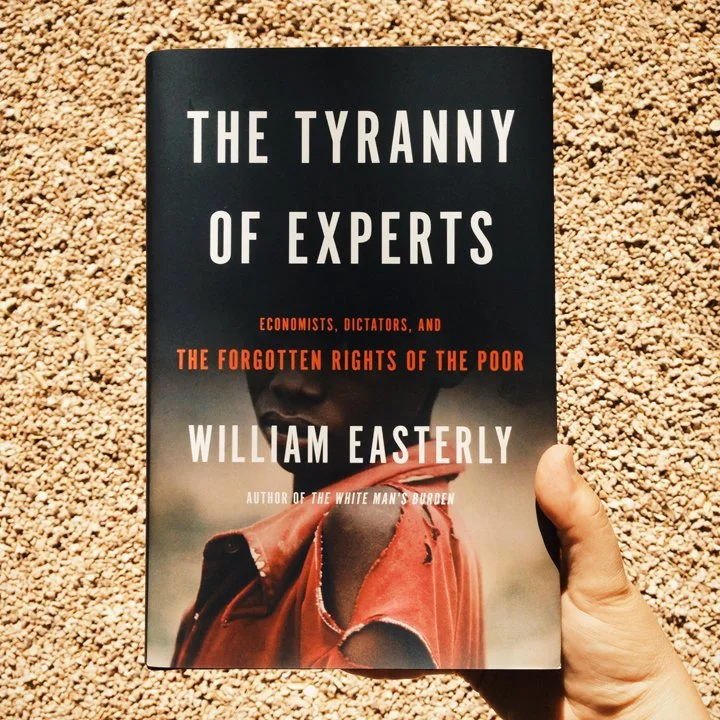The Tyranny of Experts
Back when I was studying international development in grad school five or six years ago, the war of words between development economists William Easterly and Jeffrey “The Idealist” Sachs was at a fever pitch. Things have since quieted down a bit—their brief, fiery skirmish earlier this year notwithstanding—partly because both of them to one extent or another have pursued other interests.
Sachs, for his part, has never left the media spotlight. But these days you’re less likely to hear him talking about aid and development in Africa than about the science of climate change or the downing of Flight 17 in Ukraine. As has been argued at length elsewhere, you could say Sachs is “a man with many faces.”
Easterly has re-focused his energies as well, though to his credit, it doesn’t seem that he’s gotten bored with the field of development economics quite the way his media-savvy interlocutor apparently has. His latest book, The Tyranny of Experts: Economists, Dictators, and the Forgotten Rights of the Poor, is a jeremiad against what Easterly calls “the technocratic illusion,” an approach he describes as conventional, unquestioned, and tremendously damaging to the poor. This approach is characterized as “the belief that poverty is a purely technical problem amenable to such technical solutions as fertilizers, antibiotics, or nutritional supplements.” What it ignores is “the unchecked power of the state against poor people without rights”—the very thing, according to Easterly, that keeps people trapped in poverty.
In Easterly’s view, poverty is about a lack of rights, not a lack of expertise. Although development experts at the World Bank and elsewhere have a long track record of cooperating with autocratic governments for presumably pragmatic reasons, Easterly argues that the dictator who agrees to implement technocratic development fixes in his country while denying the rights of his country’s citizens is not the solution, but the problem. In other words, despite development expenditures in the millions of dollars, sustainable economic development is not going to happen when the basic rights of the poor are denied.
Easterly sure is an interesting guy, and he’s not easy to peg. In my experience, most of the people who tirelessly bang the “rights of the poor” drum don’t also quote libertarian poster boy Friedrich Hayek approvingly and at length in order to reinforce their points. As Easterly himself points out, “the rebels against the technocratic consensus”—these rebels being, of course, his heroes—”come from both the left and the right, and they often hold incompatible views on almost everything else.” One can’t help but admire Easterly’s intellectual honesty and his willingness to appeal to unlikely bedfellows without apology, whatever else one might make of his arguments.
Overall, I’m on board with Easterly’s argument in The Tyranny of Experts. I agree with him that it’s dangerous to talk about—much less try to implement—development without a proper concern for the rights of the poor. And I love his insistence that development and rights not be seen as amoral undertakings. “Morally neutral approaches to poverty do not exist,” he writes. “Any approach to development will either respect the rights of the poor or it will violate them.” He had more to say about the morality of development, incidentally, in his interview with Kent Annan in Christianity Today this spring.
My beef with Easterly is his tendency to pit big bad institutions against autonomous individuals in what strikes me as an overly simplistic zero sum game. The rights of individuals obviously matter immensely, in economics, politics, religion, free speech, and otherwise—and these same rights are routinely compromised by autocratic leaders to tremendously detrimental effect. No argument there.
But the antidote to big bad institutions, in my view, is not to do away with them but to seek to reform them. One doesn’t need to pretend that institutions can do no wrong in order to believe in their potential to contribute to human flourishing. As Jamie Smith has written, “Institutions are durable, communal ways that we can act in concert with our neighbours to achieve penultimate goods.” I’m not sure Easterly sees things the same way, and that’s too bad.
But this institutions-versus-individuals example is just one of the false dichotomies he sets up in the book, as John Donaghy pointed out in his measured critique. Donaghy, a thoughtful guy who works with the Catholic diocese of Santa Rosa de Copán in Honduras and is committed to the work of justice among the people with whom he serves, challenges Easterly’s brand of unapologetic individualism by appealing to a mid-80s pastoral letter on economic justice from the U.S. Council of Catholic Bishops. The letter says, in part, that “human dignity can be realized and protected only in community. In our teaching, the human person is not only sacred but also social.”
The status quo—what Easterly calls the “technocratic illusion”—is both counterproductive and morally problematic, and The Tyranny of Experts succeeds in making the case for an open and honest debate about what experts and autocrats have long taken for granted. My own misgivings aside, I hope that debate does indeed take place and that it serves to instigate changes throughout the development sector that are both fundamental and long overdue.

